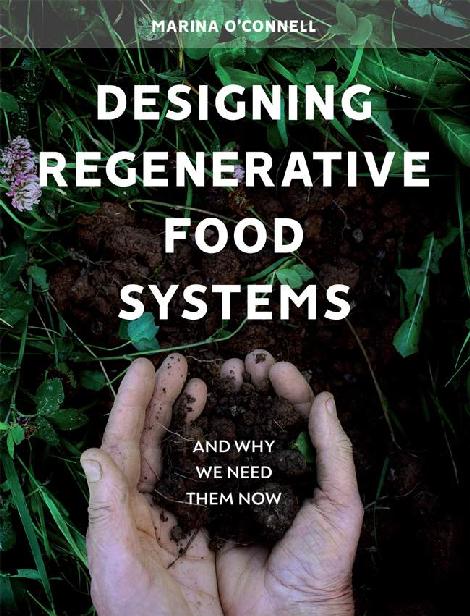kab reviewed Designing Regenerative Food Systems by Marina O'Connell
Designing Regenerative Food Systems
4 stars
Compiles an array of transformative food system models and practices. The abundance of overlapping information does make it difficult to not include some repetition, and it's not free of periodic political mildness. It's an admirable synthesis of constellating ideas to offset greenhouse gas emissions and global warming, climate chaos, biodiversity loss, soil degradation, all alongside producing healthy food and local and equitable food distribution networks.
Compiles an array of transformative food system models and practices. The abundance of overlapping information does make it difficult to not include some repetition, and it's not free of periodic political mildness. It's an admirable synthesis of constellating ideas to offset greenhouse gas emissions and global warming, climate chaos, biodiversity loss, soil degradation, all alongside producing healthy food and local and equitable food distribution networks.

